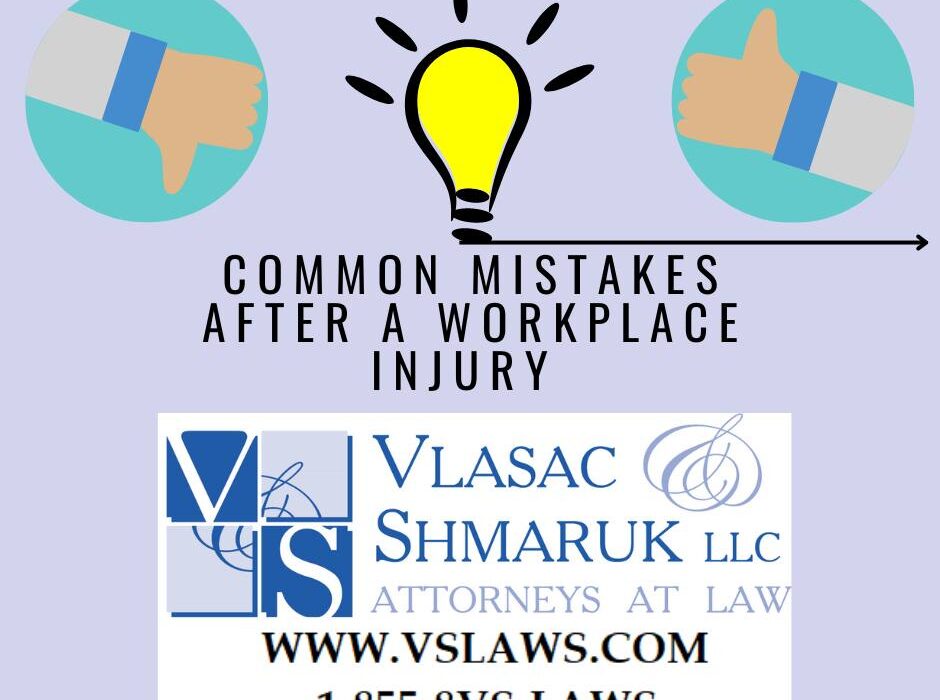Embracing Technological Advancements of Cleo Casino
In the ever-changing landscape of online gaming, technology plays a pivotal role, and Cleo Casino has been quick to embrace the latest advancements. The incorporation of Virtual Reality (VR) and Augmented Reality (AR) technologies has transported players to immersive and visually stunning worlds, elevating the gaming experience to new heights. The marriage of technology and entertainment has become a hallmark of Cleo Casino, showcasing a commitment to staying ahead of the curve.
The Allure of Exclusive Game Releases
One of Cleo Casino’s key strategies in keeping its community engaged has been the consistent introduction of exclusive game releases. Collaborations with top-tier game developers have resulted in a diverse and ever-expanding library of games that cater to every taste and preference. From thematic slots that transport players to ancient civilizations to sophisticated and realistic table games, 클레오카지노 ensures that its players have access to the latest and greatest in the world of online gaming.
Community-Centric Initiatives
As Cleo Casino looks back on its first year, it’s not just about celebrating wins and technological milestones; it’s about acknowledging the community that has been the backbone of its success. The introduction of player loyalty programs, where members can unlock exclusive bonuses, participate in VIP events, and enjoy personalized gaming experiences, has strengthened the bond between the platform and its players.
Moreover, Cleo Casino has taken a philanthropic approach by initiating charitable campaigns within its community. Collaborating with various organizations, players have been given the opportunity to contribute to noble causes, turning the act of gaming into a force for good. This unique approach has not only fostered a sense of social responsibility but has also created a positive and compassionate community within the realm of Cleo Casino.
The Evolution of Live Dealer Games
A standout feature of Cleo Casino’s first year has been the evolution of live dealer games. Bringing the authentic casino experience to the virtual world, live dealer games have become a favorite among players seeking the thrill of real-time interaction. Cleo Casino has invested in state-of-the-art technology to ensure seamless streaming, professional dealers, and an immersive atmosphere that mirrors the ambiance of a physical casino.
Global Collaborations and Partnerships
To enhance the gaming portfolio and offer exclusive experiences, Cleo Casino has strategically entered into collaborations and partnerships with renowned brands in the gaming industry. These partnerships have resulted in themed games, limited-edition events, and exclusive promotions that add a layer of excitement for Cleo Casino’s players. The global reach of these collaborations has expanded Cleo Casino’s influence, attracting players from diverse backgrounds and preferences.
Educational Initiatives for Responsible Gaming
Amidst the celebrations, Cleo Casino remains committed to promoting responsible gaming practices. The platform has implemented educational initiatives, providing resources and tools to help players make informed decisions about their gaming activities. From setting deposit limits to promoting self-exclusion options, Cleo Casino actively advocates for a safe and responsible gaming environment.
Final Thoughts on a Year Well Celebrated
As we raise our virtual glasses to toast Cleo Casino’s first-year anniversary, it’s not just a celebration of time passed; it’s a celebration of achievements, milestones, and a promising future. Cleo Casino has successfully carved its niche in the competitive world of online gaming, standing as a beacon of excitement, innovation, and community spirit.
Looking ahead, the second year holds the promise of even greater adventures. With a dedicated team, an engaged community, and a commitment to pushing the boundaries of gaming, Cleo Casino is poised for continued success. The journey has been exhilarating, the memories unforgettable, and as Cleo Casino steps into its second year, it invites players old and new to join in the excitement and be part of the ongoing saga of thrilling adventures, big wins, and endless possibilities. Here’s to another year of Cleo Casino—where excitement knows no bounds!













